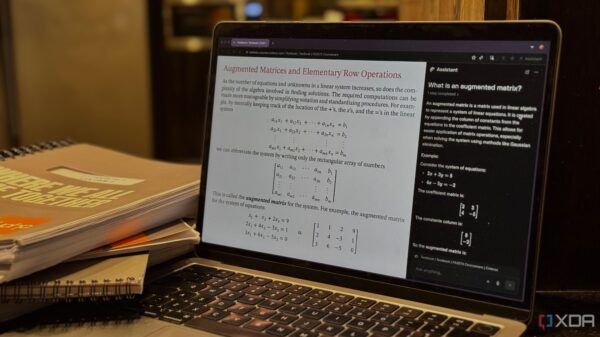Seattle has issued close to 200,000 parking tickets in the early months of 2025, highlighting the city’s ongoing efforts to manage parking regulations effectively. This figure, reported by local media, reflects a rigorous enforcement policy aimed at maintaining order in bustling urban areas.
Impact of Parking Enforcement in Seattle
The significant number of tickets issued has sparked discussions among residents and city officials regarding parking practices. The city’s parking enforcement officers have been active, patrolling various neighborhoods to ensure compliance with local regulations. Many Seattleites have expressed concerns about the frequency of tickets, particularly in high-traffic areas where parking is limited.
The revenue generated from these tickets is substantial. As noted by local news outlets, this influx could potentially bolster city funds, which are often allocated for infrastructure and public services. However, some residents argue that the impact on low-income individuals could be detrimental, as parking fines can accumulate quickly and create financial strain.
Community Responses and Future Outlook
Local community groups are beginning to voice their opinions about the parking enforcement strategy. While some appreciate the necessity for orderly parking, others feel that the current approach may disproportionately affect those with fewer resources. The Seattle City Council has begun to explore alternative solutions, including potential reforms to parking regulations that could alleviate the burden on residents.
Frank Sumrall, a content editor for MyNorthwest, has highlighted these community concerns in his coverage. He emphasizes the need for a balanced approach that considers both the enforcement of regulations and the well-being of the city’s residents.
As Seattle navigates the complexities of parking management, the city’s enforcement efforts will likely remain a focal point for public discourse. The challenge will be to balance the need for order with the needs of the community, ensuring that all voices are heard in the ongoing conversation about parking policy.






































































